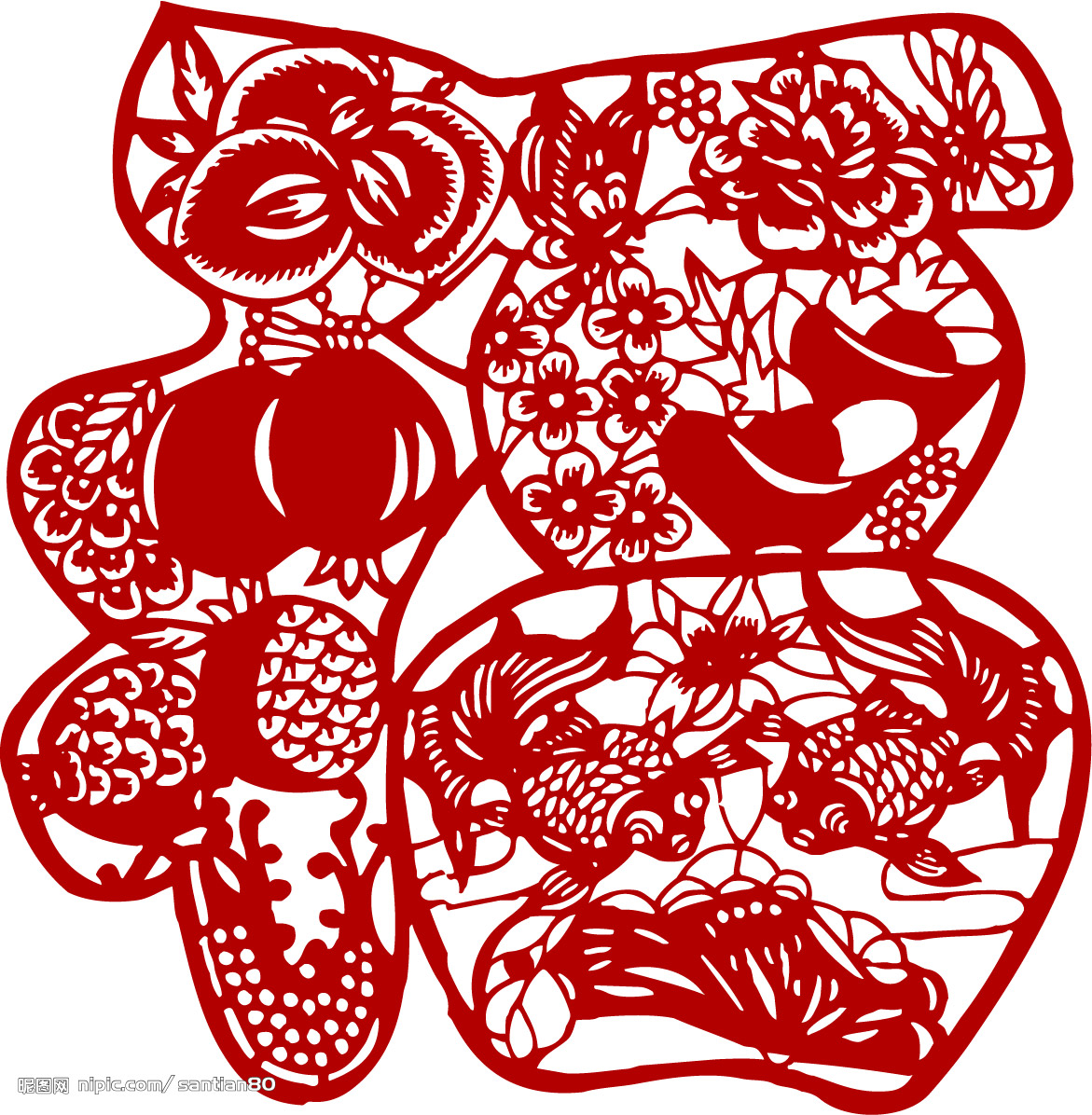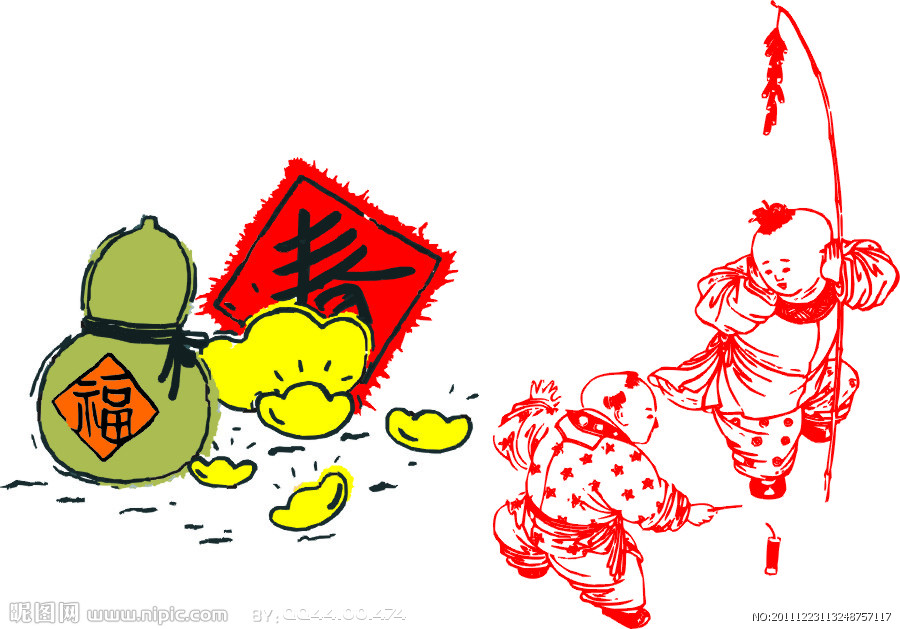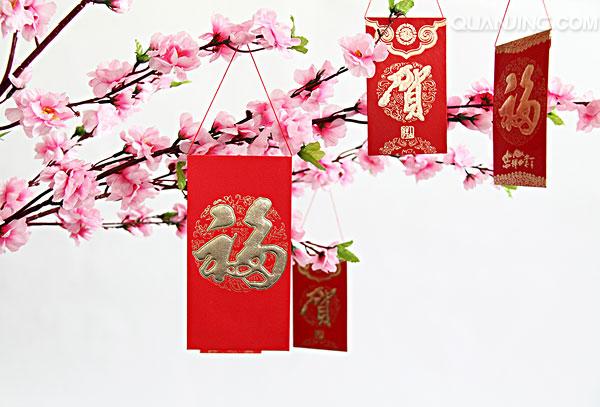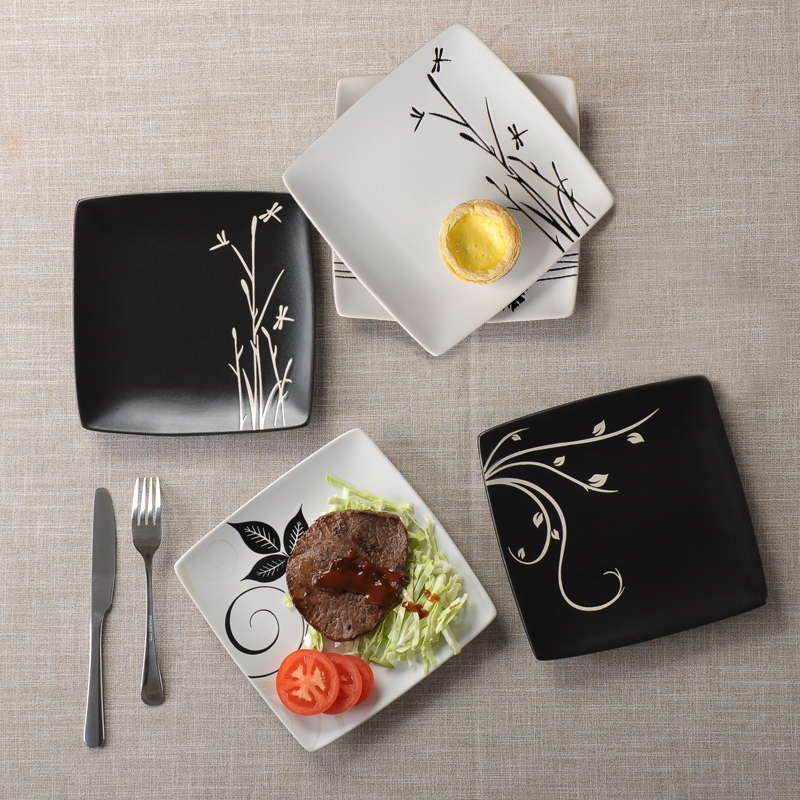Know about Chinese New Year Culture
The Chinese New Year holiday coming soon, all the Chinese will celebrate the spring festival together. now let me introduce some culture of Chinese New Year for you.
To keep ghosts and monsters away, prints of Door Gods are pasted on the front of doors. (Courtesy of the Council for Culture Affairs) The Chinese New Year Festival is the most significant holiday for Chinese people around the world, regardless of the origin of their ancestors. It is also known as the Lunar New Year Festival because it is based on the lunar calendar as opposed to the Gregorian calendar. The holiday is a very jubilant occasion mainly because it is the time when people take a break from work to get together with family and friends.
The origin of the Chinese New Year Festival can be traced back thousands of years through a continually evolving series of colorful legends and traditions. One of the most famous legends is that of Nien , an extremely cruel and ferocious beast, which the Chinese believe, eats people on New Year's Eve. To keep Nien away, red-paper couplets are pasted on doors, torches are lit, and firecrackers are set off throughout the night, because Nien is said to fear the color red, the light of fire, and loud noises. Early the next morning, as feelings of triumph and renewal fill the air at successfully keeping Nien away for another year, the most popular greeting heard is kung-si , or "congratulations."
To ensure good luck in the coming year, the Chinese always give every dish a special name. This dish is called the "Five Blessings for the New Year" and represents longevity, wealth, peace, wisdom, and righteousness. Even though Chinese New Year celebrations generally only last for several days, starting on New Year's Eve, the festival itself is actually about three weeks long. It begins on the twenty-fourth day of the twelfth lunar month, the day, it is believed, when various gods ascend to heaven to pay their respects and report on household affairs to the Jade Emperor, the supreme Taoist deity. According to tradition, households busily honor these gods by burning ritualistic paper money to provide for their traveling expenses. Another ritual is to smear malt sugar on the lips of the Kitchen God, one of the traveling deities, to ensure that he either submits a favorable report to the Jade Emperor or keeps silent.
For children, the most exciting part of the holiday comes when they receive their hong-bao , red envelopes full of cash. The first order of business on Chinese New Year's Day is offering ritual homage to one's ancestors. Reverence is then paid to the gods, followed by younger family members paying their respects to their living elders. New clothes are worn, and visits are made to friends, neighbors, and relatives to exchange good wishes of kung-hsi fa-tsai , which means "congratulations and prosperity." As an occasion for reconciliation, it's a time when old grudges are cast aside amidst an atmosphere of warmth and friendliness. One of the most spectacular sights during the Chinese New Year Festival is the dragon and lion dance. The heads of these fearsome beasts are supposed to ward off evil, and the nimble movements of the dancers provide a grand spectacle enjoyable to everyone. The second day of the Chinese New Year Festival is the day that married daughters return to their parents' home. If she is a newlywed, her husband must accompany her and bring gifts for her family. According to a charming legend, the third day of the lunar New Year is the day when mice marry off their daughters. Thus, on that night, people are supposed to go to bed early so that the mice can perform their wedding ceremonies.
During the Chinese New Year Festival, temples are crowded with worshippers burning incense and presenting offerings in prayer for fortune and happiness in the coming year. The Chinese New Year Festival is not all freewheeling fun, however, and certain negative superstitions and taboos at this time have never quite lost their pervasive force. For example, people believe it is unlucky to sweep the floor during the first five days of the lunar New Year, because one might accidentally sweep one's good luck and wealth out of the house. Bad language and talk of death are severely frowned upon. If a dish is broken, it is vital to say sui sui ping an , which means "peace throughout the year," as quickly as possible. Joss sticks and altar candles must be kept burning day and night to encourage longevity; and in some households, knives and scissors are put away so that no one will accidentally cut the "thread of good luck" in the year to come.
During the Chinese New Year Festival, temples are crowded with worshippers burning incense and presenting offerings in prayer for fortune and happiness in the coming year. The Chinese New Year Festival is not all freewheeling fun, however, and certain negative superstitions and taboos at this time have never quite lost their pervasive force. For example, people believe it is unlucky to sweep the floor during the first five days of the lunar New Year, because one might accidentally sweep one's good luck and wealth out of the house. Bad language and talk of death are severely frowned upon. If a dish is broken, it is vital to say sui sui ping an , which means "peace throughout the year," as quickly as possible. Joss sticks and altar candles must be kept burning day and night to encourage longevity; and in some households, knives and scissors are put away so that no one will accidentally cut the "thread of good luck" in the year to come.






